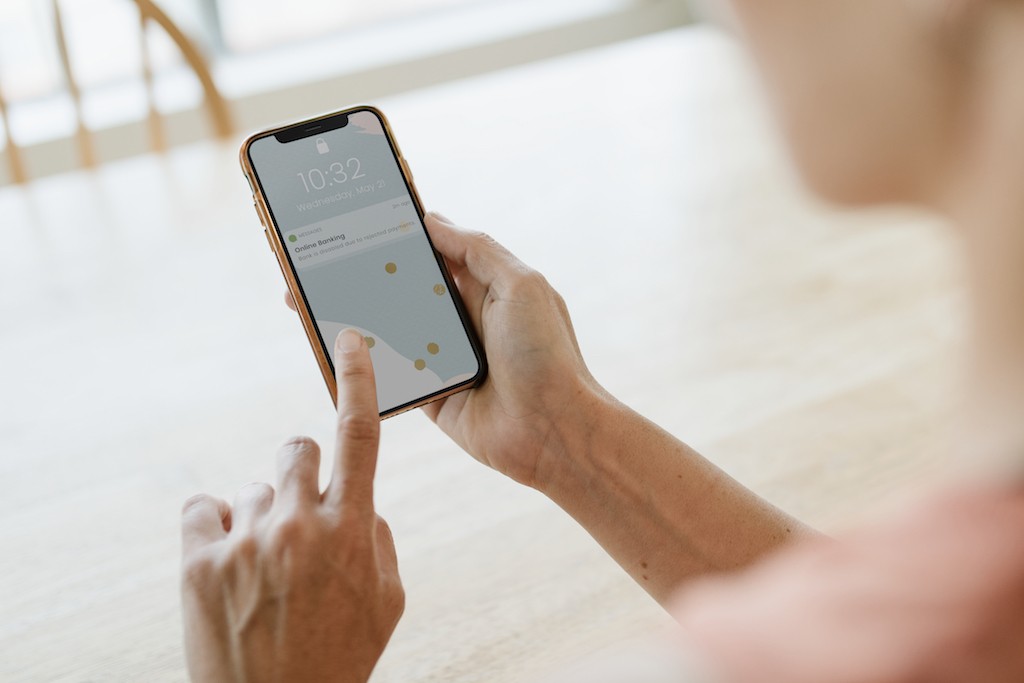
One of the hottest topics right now is our financial future, both personal and global. With a global pandemic and high levels of political unrest defining 2020, it makes sense that people are worried about their financial security in the years to come.
While, of course, there is cause for concern, some of this worry is also founded on naivety; after all, personal financial management isn’t taught in schools and its importance isn’t always emphasised.
Let’s be straight here; your personal financial situation is going to have a direct impact on your future, and it’s never too late (or early) to start learning about how to get a grip on your incomings and outgoings, as well as the potential for making money on investments and ensuring that you’re securing your savings, too. With a particularly turbulent year behind us and a potentially tumultuous one ahead, here are 5 steps to protecting your financial future.
USE YOUR SELF CONTROL
Not just an excellent Frank Ocean song, but also an incredibly important element of ensuring your future financial security; self control is decisive in making savvy, sustainable decisions about your money. A weekly budget, set a little lower than you would usually feel comfortable with and adhered to strictly, is a great way to condition yourself into exerting that self control over your spending.
Once you’re in a new rhythm – one which prioritises saving over spending and makes each and every purchase mindfully – you can take a more objective look at your incomings and outgoings.

PLAY THE LONG GAME
Your money management is going to define your ability to live comfortably in the future. As such, it’s important you approach this thing holistically, with plans in place to secure your future.
As a bare minimum, you’ll want to have the relevant life insurance, the right savings plans, the right pension plans, and hopefully a few smart investments in place, too, in order to feel like you have a sense of control your financial future.
We’re playing the long game here, and the ‘future’ doesn’t just mean next year, when your refrigerator breaks down, or when you feel like splashing out on a new car, but rather your career and family goals and even your whole retirement future. By approaching your finances with longevity in mind, you’re more likely to make cautious, responsible decisions about every zero in your bank account.
Read: How to comprehensively plan your estate
BUDGET LIKE A BUSINESS WOULD
Just as a business isn’t ever satisfied with simply breaking even, so you shouldn’t be content with taking your pay check down to the wire each month. Instead, you should be budgeting each and every month with ‘profit’ in mind, much like a business would. Make a point of setting aside at least 30% of your income, ring fenced for your savings account. The remainder, though admittedly a less encouraging amount, can be dedicated to treats. And this compartmentalisation will go a long way to you fine tuning your financial health in the future.
This strategy is particularly effective if you have a budget that also incorporates a savings target every month. You may even consider setting up automatic deductions from your monthly income, which many bank accounts can facilitate automatically.
Go further; monitor where your money is coming from, too, so that you know you are paying the appropriate rate of tax and you won’t owe any by the end of the year! Once you know how your money works, you can better understand how to make it work for you.

BUILD AN EMERGENCY FUND
Speaking of treating your personal finances like a business;, one of the best ways to keep up with a savings account is to pay yourself first. Before you pay your bills, you pay money into your savings account and you can then feel secure that you are able to keep on top of your funds.
Also focus on building an emergency fund, which keeps you on track and ensures that you have a fallback for when life gets a little hectic. Doing so can get you out of trouble financially when you encounter a surprise or fork in the road. You don’t need to stuff cash in a mattress, but you do need to consider how you can keep your emergency money together without it being compromised. When you have an emergency fund built up, life feels that little bit more manageable.
START INVESTING
Rather than always being on the defensive financially, it’s a prudent move to be a little aggressive with your finances, too. Investing should be a key priority if you want to achieve financial success – not just stability – in the New Year and in the face of the current global crises. You should start thinking about different ways to acquire assets, bonds, stocks, and other investments that have the potential for a profitable return.
Even if you have just a small amount to invest, it is best to start early and grow your investments gradually over the years.
THE BOTTOM LINE
Though the future is uncertain, one thing that is guaranteed is that your financial habits right now will affect how comfortable your life is, years and even decades down the line. By adopting sustainable, smart habits now, you’ll ensure your financial future is bright for years to come. Good luck!





